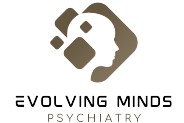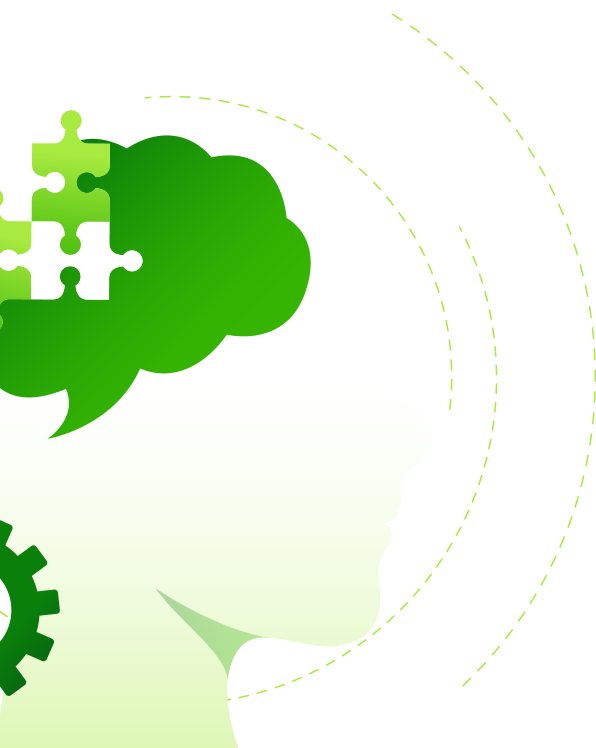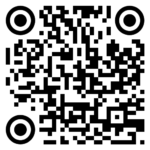
April 20, 2024
Journaling, a personal and introspective practice, is much more than a method of record-keeping. It’s a form of self-expression that has been found to have therapeutic properties, a silent sanctuary for the mind. This blog post delves into how the simple act of regular writing can act as a salve for the psyche, enhance mental clarity, and aid in the journey of emotional healing.
Understanding Journaling and Mental Health:
The act of pouring thoughts onto paper is a conduit for processing emotions and experiences. It’s a reflective exercise that can transform nebulous thoughts into clear concepts. Studies have shown that journaling can lead to improved mood, reduced stress, and better overall emotional health by providing an outlet for expressing and understanding complex feelings.
Journaling Techniques for Mental Health:
- Gratitude Journaling: Focusing on the positive aspects of life to enhance optimism and contentment.
- Stream of Consciousness Writing: Allowing thoughts to flow freely on paper, which can lead to catharsis and self-discovery.
- Problem-Solving Journaling: Breaking down challenges into manageable parts to find actionable solutions.
- Reflective Journaling: Looking back at experiences to find meaning and growth.
Getting Started with a Journaling Habit:
Initiating a journaling habit requires little more than a notebook and a pen. The key is consistency. Set aside a few minutes each day in a quiet space to write. It’s not about crafting perfect sentences; it’s about honest self-expression.
The Science Behind Journaling’s Benefits:
Journaling can activate the left hemisphere of the brain, which is analytical and rational. While the left brain is occupied, the right brain is free to create, intuit, and feel. Journaling also enables individuals to identify and track patterns in their thoughts and behaviors, promoting greater self-awareness.
Promotion of Services:
Evolving Minds Psychiatry is a strong proponent of journaling as a complement to therapy. We guide our clients through the process of starting and maintaining a journaling practice that supports their therapeutic goals, providing a non-judgmental space to explore and reflect.
Conclusion:
Journaling is an art form that offers a unique blend of mental health benefits, from clarifying thoughts and feelings to providing a stress-relief outlet. It stands as a testament to the power of words and self-reflection in the journey toward mental well-being. Embrace the practice of journaling and embark on a path to greater mental clarity and emotional healing.




